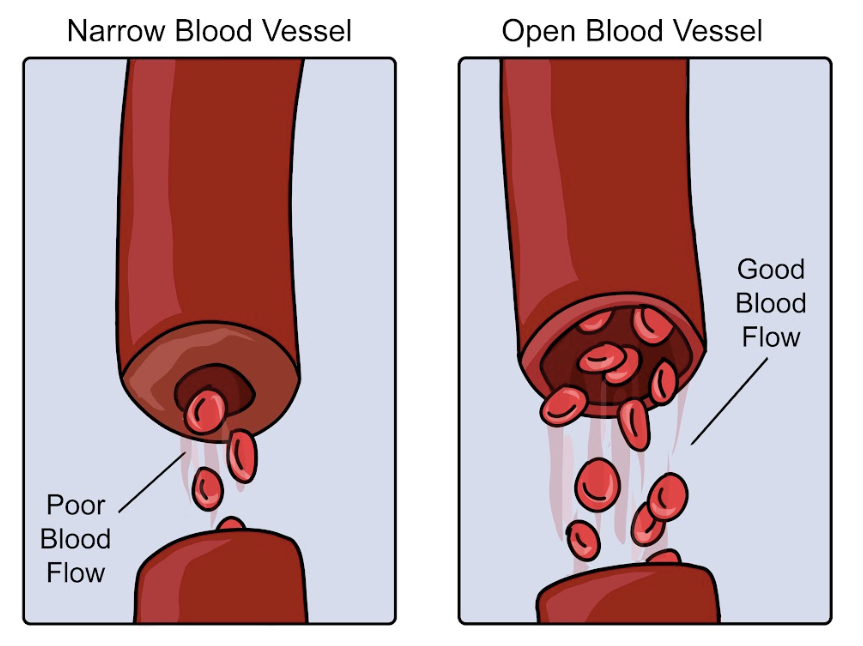
Should you expose your penis to the sun?
Unsubscribe | Report as spam | Change email preferences

Story-At-a-Glance
Matt Cook here, and the heart and the penis both depend on 1 thing…
Good blood flow.
And I’ve discovered that one simple vitamin has a huge effect on blood flow…
Are you getting enough?
—-Important Message From Aaron Wilcoxx—-
I’ve decided to share the secrets from being in the adult movie business for over a DECADE
So if you’re curious about wanting to know my secret (so you can copy it and use it yourself), go watch this video…
I’m sharing the industry secret to getting rocky and lasting as long as you want — but only for a little while longer…
———-
Solar power for your penis
Men with erections problems are more likely to suffer from cardiovascular disease – and vice versa.
This is because erections problems are usually a vascular problem…
The same things which cause problems in blood vessels in the heart cause problems with the penis.
Vitamin D is a nutrient which is essential for the health of the blood vessels…
And so, vitamin D deficiency is linked to erections problems.
It also seems that erections problems usually occur before the onset of other related cardiovascular disorders.
Rockiness problems could be the canary in the coal mine for atherosclerosis.

The human research was carried out at Johns Hopkins School of Medicine. The paper was published in Atherosclerosis.
The authors of this study were already aware of the link between erections problems, atherosclerosis, and overall disease of the blood vessels.
“‘Penile’ dysfunction and atherosclerotic cardiovascular disease share many common risk factors, and vascular ‘penile dysfunction is a marker for increased atherosclerosis risk.”
They also knew that low levels of vitamin D are associated with atherosclerosis.
In fact, low vitamin D is one major cause of atherosclerosis…
Because vitamin D is essential for helping the body control calcium.
Without enough vitamin D to keep calcium in the bones it ends up deposited in the blood vessels where it causes plaques.
“Low vitamin D is associated with increased atherosclerosis risk, but less is known regarding the relationship of low vitamin D with ED.”
So, this study set out to see if there was a relationship between vitamin D and erections problems.
“We determined whether vitamin D deficiency is associated with ‘penile’ dysfunction independent of atherosclerosis risk factors.”
The researchers used data from men without atherosclerosis who took part in a study in the early 2000s.
“We performed cross-sectional analyses of 3390 men aged ≥20 years free of atherosclerosis who participated in NHANES 2001-2004.”
The defined vitamin D deficiency as vitamin D levels below 20.
“Serum vitamin D was measured and deficiency was defined as levels <20 ng/ml.”
Rockiness was assessed by questionnaires.
“Self-reported ED, assessed by a single validated question, was defined as men who reported being “never” or “sometimes able” to maintain ‘rockiness.’”
Men with a vitamin D deficiency were twice as likely to report having poor rockiness.
“The weighted prevalence of vitamin D deficiency and of ‘penile’ dysfunction were 30% and 15%, respectively.”
Men with erections problems had, on average, slightly lower vitamin D levels.
“Vitamin D levels were lower in men with vs. those without ‘penile’ dysfunction (22.8 vs 24.3).”
(Those vitamin D levels are crazy low – they should be between 50 and 65!)
When taking into account other factors, men with vitamin D deficiency were 30% more likely to report having erections problems than men with levels above 30.
“After adjusting for lifestyle variables, comorbidities, and ‘treatment’ use, men with vitamin D deficiency had a 30% higher prevalence of ‘penile’ dysfunction compared to those with levels ≥30 ng/ml.”
Low vitamin D is clearly a risk for erections problems – even in men who do not yet show any signs of atherosclerosis.
It is pretty clear that if their vitamin D levels remain in the 20s and 30s for many years they will develop atherosclerosis.
“In this cross-sectional analysis of a representative sample of U.S. men, vitamin D deficiency was associated with an increased prevalence of ‘penile’ dysfunction independent of atherosclerosis risk factors.”
Vitamin D is essential for the health of the blood vessels…
And erections problems are the canary in the coal mine regarding cardiovascular disease.
—-Important Message About Reversing Atherosclerosis—-
Relax and let vasodilation blast away blockages and improve blood flow ALL over the body
There’s a special process called vasodilation that relaxes those stiff vessels and arteries again, opening them back up for better blood flow…

This is a 90-second way to increase blood flow to the heart, to the organs, and to the penis…

Vasodilation can help reverse atherosclerosis, lower blood pressure, AND increases penile blood flow.
This is exactly why I created the Vasodilation Protocol — protect the heart, boost blood flow, and enjoy naturally bigger, more engorged boners
———-

